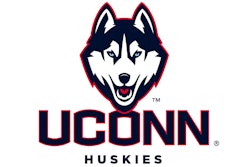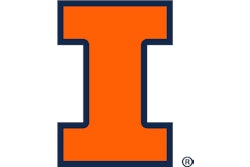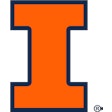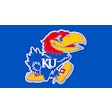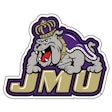Copyright 2017 Philadelphia Newspapers, LLC
All Rights Reserved
The Philadelphia Inquirer
The foundation started by Microsoft Corp. co-founder Paul A. Allen and his sister, Jody, has given a $9.25 million, five-year grant to University of Pennsylvania researchers to study what happens to the brain at a cellular and network level when someone gets a concussion. The hope is that better understanding will translate to new and more successful treatments.
The research will be led by David Meaney, chair of bioengineering in the School of Engineering and Applied Science, and Douglas H. Smith, director of the Center for Brain Injury and Repair at the Perelman School of Medicine. The project will involve 10 faculty members from Penn, Children s Hospital of Philadelphia, and Duke and Columbia Universities, Meaney said.
Meaney said he and Smith already were studying what happens to cells in the brain during a concussion, but the new grant will allow them to take on higher-risk hypotheses that would be harder to sell to more conservative government funders. Even if only one of their ideas works, he said, we could have a very different view of concussions.
The team will be looking at how brain damage caused by concussions affects the way that groups of brain cells communicate with each other, and why some concussion victims have more and longer-lasting disabilities than others. Smith said the group also will be looking at how to recruit the shadow networks of cells that can begin functioning after brain damage. Think of those as driving an alternative route to work when there s a wreck on your usual highway.
Meaney said the team will be studying parts of brain cells called exosomes that are shed into the blood as clues to the molecular state of the brain. They could be a way to track injury and recovery. The group also hopes to use this blood testing to compare concussions with neurological diseases, including dementia. The Penn-led team will also try to develop a brain on a chip technology that would allow researchers to better test treatments. This is a way of seeing how damaged cells respond to treatment in their natural tissue environment.
The researchers hope to identify more quickly which patients will have difficulty recovering and then be able to individualize treatment.
Brain injuries still mysterious, but research is building
Read More of Today's AB Headlines
Subscribe to Our Daily E-Newsletter
Terms and Conditions Privacy Policy


















